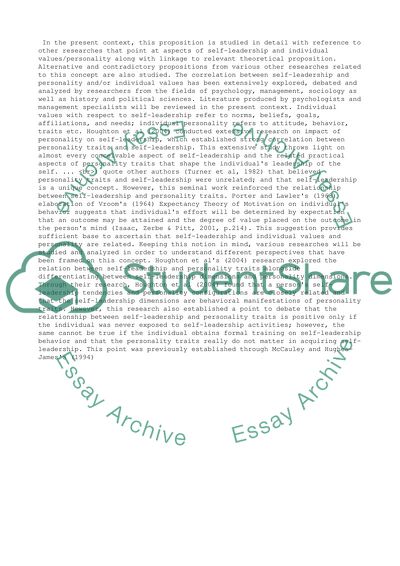Cite this document
(“Self Leadership and Personality and/or Individual Values Essay”, n.d.)
Self Leadership and Personality and/or Individual Values Essay. Retrieved from https://studentshare.org/management/1439654-self-leadership
Self Leadership and Personality and/or Individual Values Essay. Retrieved from https://studentshare.org/management/1439654-self-leadership
(Self Leadership and Personality and/Or Individual Values Essay)
Self Leadership and Personality and/Or Individual Values Essay. https://studentshare.org/management/1439654-self-leadership.
Self Leadership and Personality and/Or Individual Values Essay. https://studentshare.org/management/1439654-self-leadership.
“Self Leadership and Personality and/Or Individual Values Essay”, n.d. https://studentshare.org/management/1439654-self-leadership.


